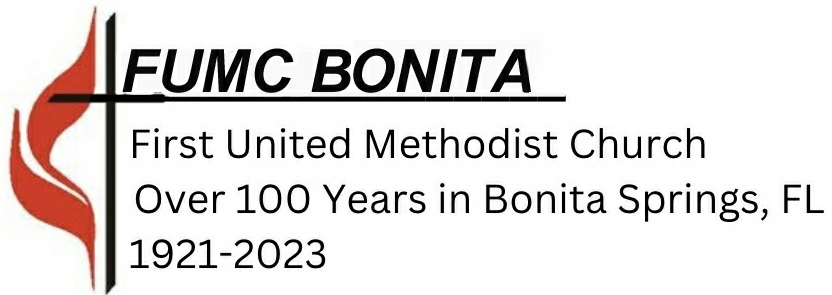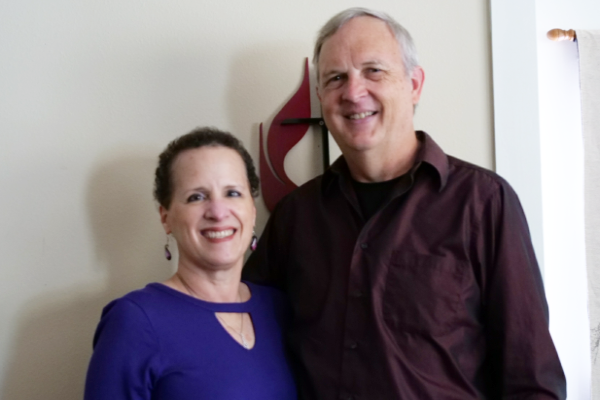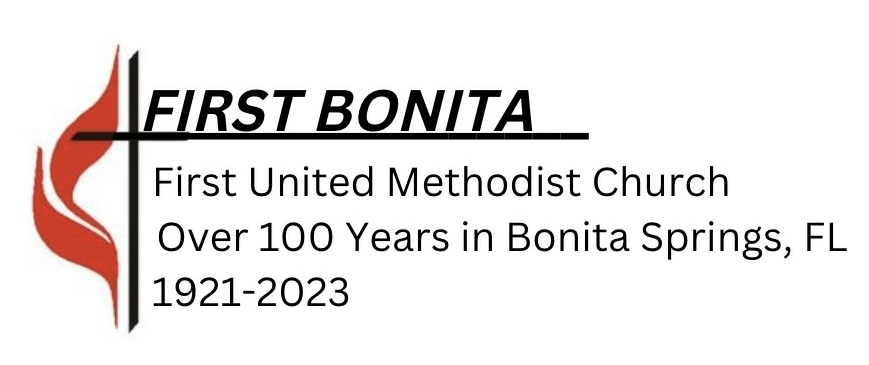Several years ago there was discussion on the floor of the Annual Conference regarding pastoral salaries and benefits. There is a minimum salary level for clergy coming into the conference, based upon education level and status with the Board of Ordained Ministry (already ordained, or in process).
As I remember the conversation, a concern was brought up that the minimum salary level was extremely low, especially for young persons who were just coming out of seminary and had large student debts. (Seminary is not cheap!) It was noted that younger clergy are usually assigned to smaller churches, who cannot afford to pay larger salaries, while pastors who have been in the conference for a while are sent to larger churches which have more resources. It makes sense from a practical point of view, but that didn’t change the fact that a lot of young clergy were struggling financially and not able to be as effective in their ministry.
And then, the discussion took an interesting turn. One of the older members of the conference (who was serving a large church with a large salary) said that he had been talking with some colleagues, and they were wondering if they could donate part of their salaries to the conference to help the younger clergy out. He said that, at this point in his life, he did not need as much money as he was getting, and it made more sense to increase the salaries of the younger clergy when they were likely to have more expenses!
I remember thinking at the time how strange this would sound to our culture – willingly take a smaller salary?!? What’s up with that?!?
Can you imagine a law firm where the senior attorneys agree to give part of their salaries to the new lawyers and paralegals? Can you imagine a sports figure giving up $1,000,000 of their pay to help the rookies? What about politicians, or factory managers, or doctors?
Can you imagine the Bezo’s or Musk’s or Zuckerberg’s of this world choosing to share their salary/wealth with the people who work under them? Our world is still obsessed with materialism – judging our value by how much we have accumulated. That’s why this question by my pastoral colleague stood out to me. He wasn’t concerned with getting more. He wanted to encourage those who were coming after him.
Perhaps he (and the others) remembered what a struggle it was when they were younger – trying to balance kids, church, and finances in a way that didn’t leave them worn out and exhausted. At this time in his life he realized that he was finally stable, and if there was a way that he could help provide peace to the next generation, it was worth it.
There is a phrase that symbolizes this – “To live more simply, so that others may simply live.” It’s not a case of “I had to do it; now they have to do it, too.” It’s more a mindset of, “How can I give to God so that others may benefit?”
Christians have the reputation for caring more for each other than they do for things (including wealth). Acts chapter 2 talks about how the early believers would look out for each other, and even sell their possessions for a brother or sister in need. This idea at the Conference is a continuation of that – not taking more than we need, so that everyone can benefit.
I pray that God will keep me from loving things more than people, or from judging my value based upon what I own. I pray that God will use you and me to show our community how beloved they are by God, and how we are willing to love and share with them.
- Rev. Bill


